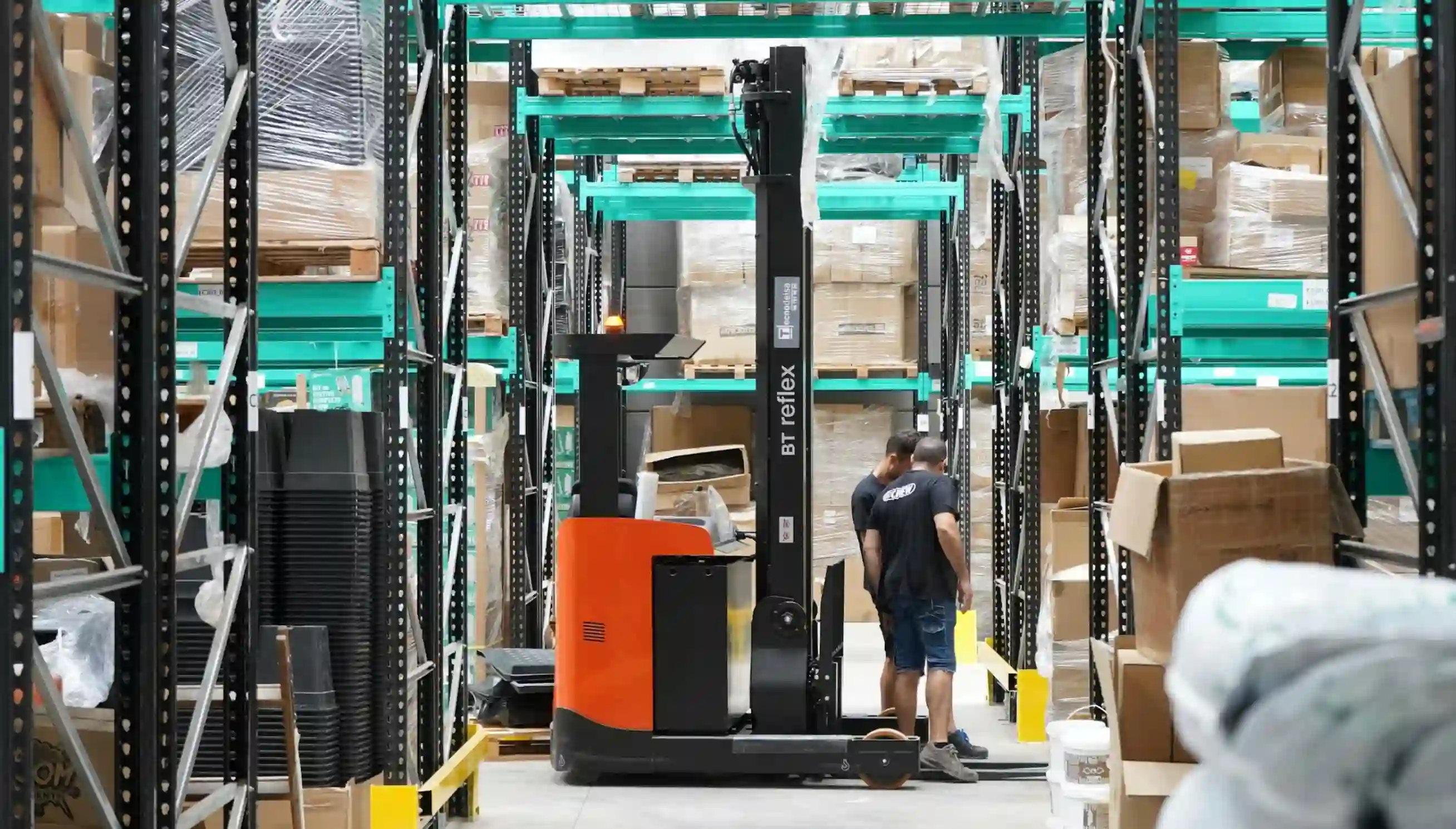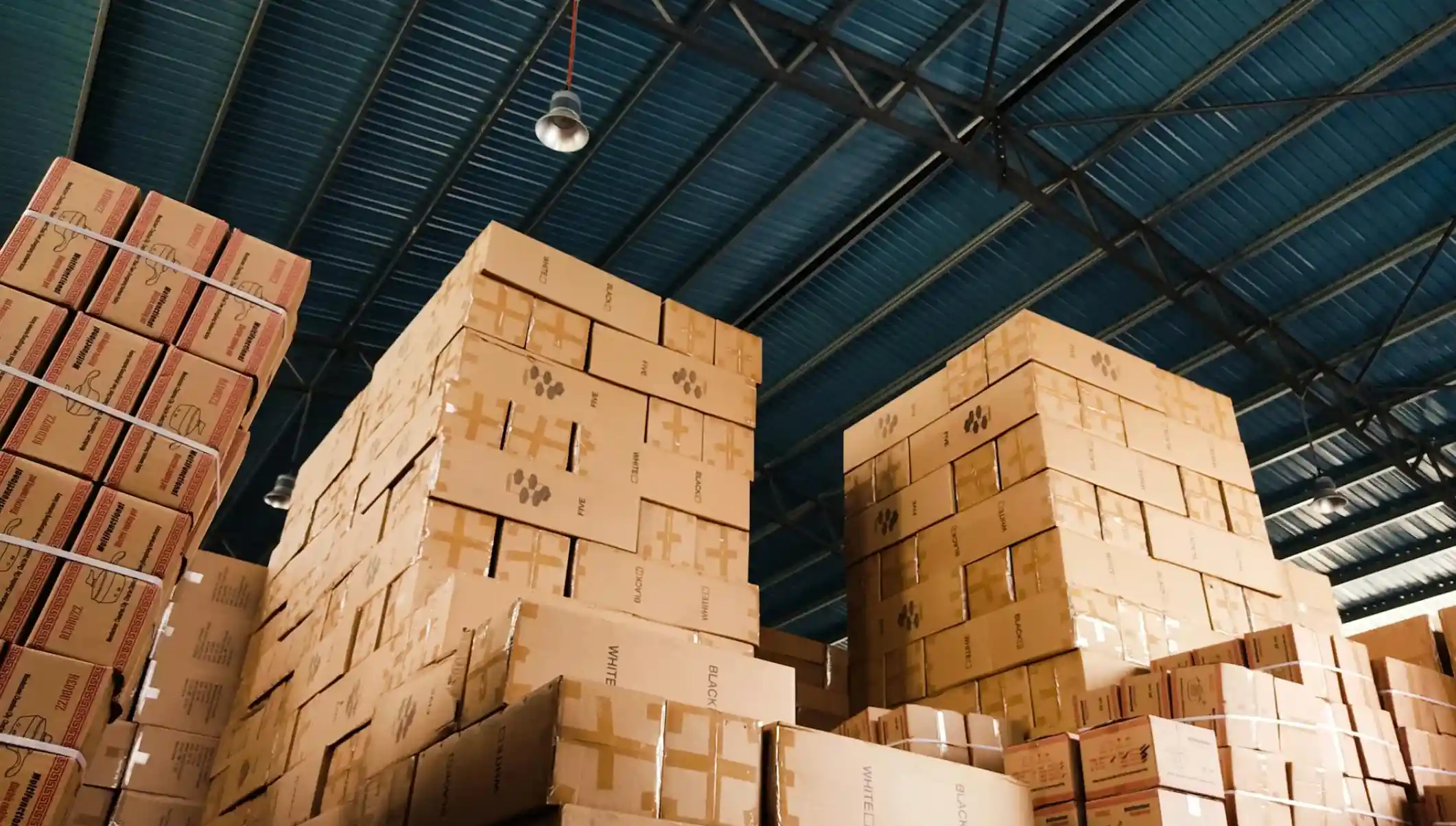Tips for Attending Your First Liquidation Auction
Liquidation sales are a great alternative to regular promotions since you can get a lot of valuable equipment, furniture, accessories, and other merchandise at a bargain.
Liquidation sales are a great alternative to regular promotions since you can get a lot of valuable equipment, furniture, accessories, and other merchandise at a bargain. This is because companies going out of business look to make some quick cash. If this is your first time attending a liquidation auction, you will be in the company of veteran bargain hunters, collectors, resellers, and other businesses looking for more inventory, and who are used to the chaos and excitement of an auction. So it’s important that you get up to speed on the ins and outs of auctions to help you identify good deals and avoid bad ones.
Where to Buy Liquidation Inventory
Liquidated merchandise is typically handled by large liquidators who purchase the surplus stock from retailers or company assets when a business is closing down. Then, they break down the inventory into singular items or smaller lots that can be sold to other liquidators wholesalers and small resellers with a markup. However, going through so many mediators and several markups tends to increase the cost of the items significantly by the time they reach the consumer. So, large liquidators can also sell the inventory to small business buyers at the right time, either at the warehouse or through online auctions.
What to Do at a Liquidation Auction
Here’s what to do at your first auction:
- Find out who’s managing the sale: As discussed above, the price of items in a liquidation sale will be affected by the number of middlemen who have handled the inventory. Contracted liquidators who are selling on behalf of a retailer or a company that’s liquidating may offer the best discounts, especially if they’re on a tight time schedule from their clients.
- Register for a bidder’s card: Each auction has its own application and approval process for buyers who want to participate in the event. So, you should register to purchase liquidation merchandise as soon as you arrive at the auction. For your first auction, get to the location early to register, get the lay of the land, and find a good place to sit where you can calmly watch the process unfold.
- Set your budget: Before you walk into the excitement and madness of a liquidation sale, it’s important that you set your budget to avoid succumbing to bad deals from deceptive discounts. Note down the items you plan on buying and the maximum amount you’re willing to spend on each item if it’s in good condition. Then, stick to your plan. Consider attending the auction with a friend to help keep your excitement in check, so you don’t bid for more than you intended.
- Attend the preview: This gives auction buyers the opportunity to physically inspect the condition of the inventory, even if you have seen the photos in an online catalogue. The condition of items in an auction varies significantly from new to slightly used to old. You can be lucky to find new, fully functional merchandise that was returned because it was the wrong size, did not meet the buyer’s expectations, or just customer remorse, but it couldn’t be put back on the store shelves. So, you have the opportunity to purchase quality inventory at a massive discount. Note down the box lot numbers of items you’re interested in if they will be sold collectively.
- Check the condition of the item: Considering that the items in a liquidation sale come from companies going out of business or returned inventory, it’s likely that they won’t come with consumer warranties, or the manufacturer’s warranty won’t apply. Generally, auction items are sold “as is,” which means that you can’t return them for repairs or replacement after purchase. So, make sure to inspect the function of the item before spending your money. If the damaged pieces are repairable, determine whether they’re worth the cost of repair before purchasing.
- Pick true bargains: Just because you’ve found the items you’re looking for at an auction doesn’t mean that you’ll automatically get the best deal. Research and compare prices with other vendors, including any discounts they’re willing to offer on those items. This will stop you from falling in the pitfall of inflated prices for liquidation sales.
- Watch out for scams: According to Consumer Reports, some liquidation sales for electronics, jewelry, and Oriental rugs can be scams for selling non-store items illegally. Therefore, it’s important that you get some proof from the liquidator to verify the origin of the items. Also, be careful of fake going-out-of-business sales because they’re considered deceptive advertising to entice sales.
- Ask about payment terms: The Better Business Bureau (BBB) recommends that consumers pay using a credit card at liquidation sales, rather than cash or a cheque. Using a credit card allows you to dispute the charge with your credit card company if the item you purchased is damaged. So, find out whether the auction house accepts credit cards and how much you will be required to put down as a refundable deposit when registering to bid.
- Be mentally prepared to bid: After observing other people bidding for items, you should know what to do when your item is up. Don’t hesitate to raise the price, as the hammer may come down before you know it. Raise the bidder’s card or your hand if you want to bid. Be attentive to the auctioneer as they increase the bidding amount and maintain eye contact whenever you bid to ensure that they see and understand you.
- Secure your purchases: Find out the pick-up and delivery options for the items in advance so you can make the necessary transport arrangement. Take possession of your purchases as soon as you pay for them and lock them in your car. Don’t leave them unattended. In case you need to arrange for transport, you may incur a storage fee for leaving the items with the auctioneers.
Final Note
Auctions move fast, which can make you anxious, but you must remain calm and patiently wait for the items you want to bid for. At the same time:
- Don’t show excitement or announce your intentions to other bidders, as they may increase your competition.
- Don’t get caught in a bidding war because you will likely end up paying a much higher price, and it won’t be a bargain.
- Don’t put out your maximum bid amount to end things faster. Let the auctioneer increase the price gradually until there are no more bids. You might even pay less than your budget.
- Don’t bid if you’re not sure about an item. Once the hammer falls, you’re committed to the purchase.
Finally, be realistic when attending your first liquidation auction. You’re not allowed to change items in different box lots to create what you want. So, if you want items in different box lots, you must bid for all of them. Therefore, be wise and focus your money and effort on things you really want.
For more information on liquidation auctions in Toronto and what to expect, please contact Michaels Global Trading.




